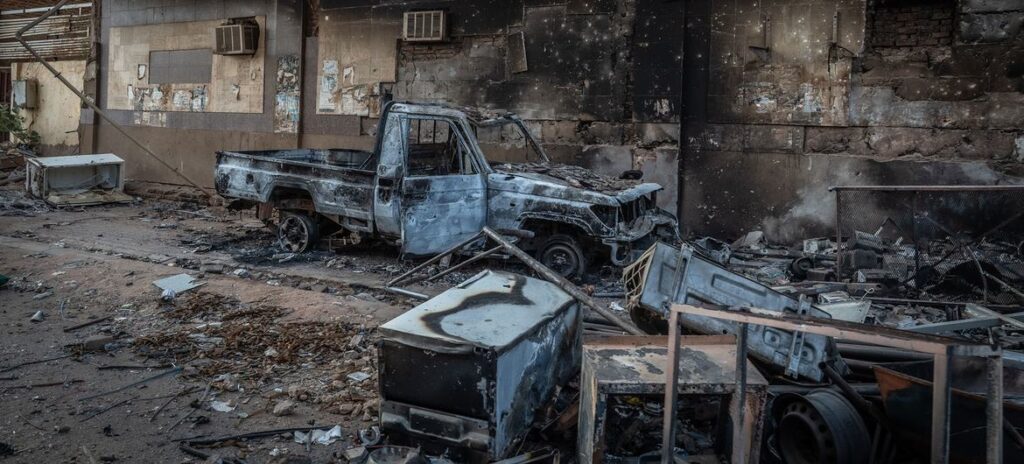The Sudanese city of El Fasher, having already been under a devastating siege by the Rapid Support Forces (RSF) for more than 500 days amid the country’s raging conflict, has now descended into an “even darker hell” with profound civilian costs, two senior UN officials told the Security Council on Thursday.
The delegates decried “shocking” and “horrific” crimes following the city’s capture by the RSF paramilitary group over the weekend.
“What is unfolding in El Fasher recalls the horrors Darfur was subjected to 20 years ago,” said Tom Fletcher, UN Under-Secretary-General for Humanitarian Affairs and Emergency Relief Coordinator.
As RSF forces took the city days ago, reports of sexual violence, attacks on aid workers, and extreme dangers for children have escalated. Already, over 90 percent of children lack access to education, and over 24 million people — 40 percent of the population — lack sufficient food.
“The world has failed an entire generation,” he stressed, adding: “The Sudan crisis is, at its core, a failure of protection, and our responsibility to uphold international law.”
He condemned the fresh attacks on civilians, including the reported killing of nearly 500 people at El Fasher’s Saudi Maternity Hospital, and blamed RSF for blocking humanitarian access to traumatized communities. Despite severe challenges, humanitarian operations have reached some 13.5 million people, he said, announcing $20 million in new UN funding for Darfur and Kordofan States.
Also briefing on Thursday was Martha Ama Akyaa Pobee, Assistant Secretary-General for Africa in the UN Departments of Political and Peacebuilding Affairs and Peace Operations, who outlined “profound” human costs of El Fasher’s fall to RSF. There are credible reports of ethnically targeted violence, high rates of sexual violence, mass killings, and house-to-house searches. Communications have been cut off, and the situation is chaotic.
“Despite commitments to protect civilians, the reality is that no one is safe in El Fasher,” she stressed.
International community’s indifference, resignation
Urging the parties to return to the negotiating table in good faith as the only way to reverse Sudan’s “spiralling descent into de facto fragmentation”, she said UN Secretary-General António Guterres has been unequivocal in his call for external interference in Sudan’s conflict to stop.
Ama also echoed Fletcher’s concerns over the global community’s “indifference” and “resignation” and called on the Council to act.
“Reports and warnings about the unfolding catastrophe in El Fasher have been issued for months, [but] so far, the UN and the Security Council have not taken decisive action to prevent the situation from deteriorating,” she said.
In the ensuing debate, Council members universally expressed concern over the escalating and horrific violence against civilians. Many called for urgent action at the regional and international levels, including on humanitarian aid delivery and accountability for perpetrators. Several speakers also focused on allegations of external support for the RSF militia, voicing strong support for Sudan’s sovereignty and territorial integrity.




